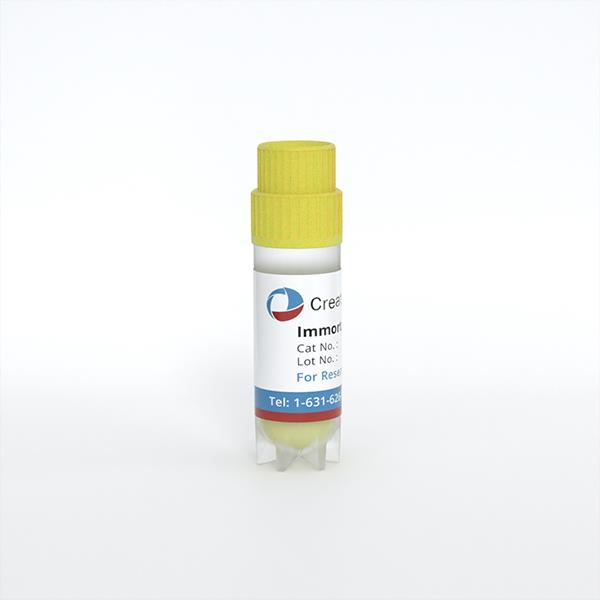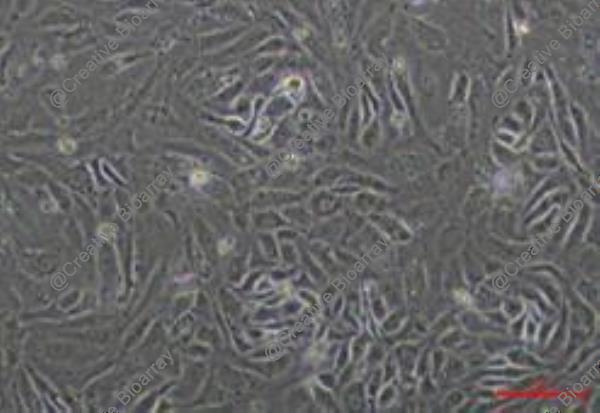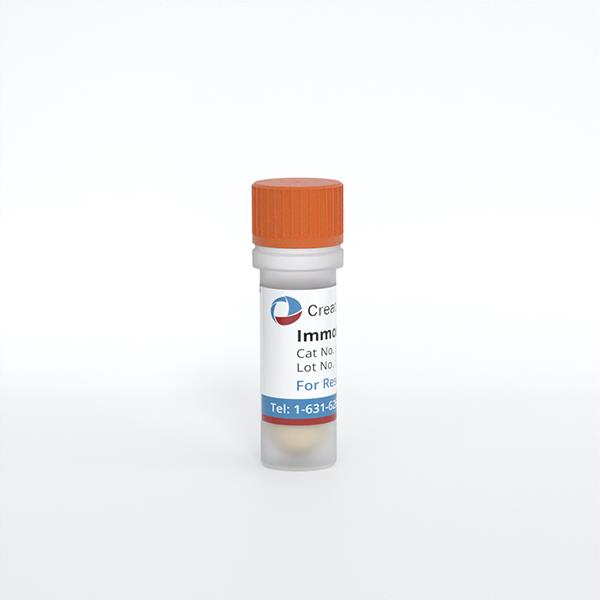Immortalized Human Hepatic Sinusoidal Endothelial Cells
Cat.No.: CSC-I9188L
Species: Homo sapiens
Source: Liver
Morphology: Cobblestone-like
Culture Properties: Adherent
- Specification
- Q & A
- Customer Review
- Documents
SEC are microvascular endothelial cells with a unique phenotype reminiscent of dendritic cells and a unique function as antigenpresenting cells for CD4+ T cells. Thus, SEC represent a new type of organ resident "nonprofessional" antigenpresenting cell that appears to be involved in the local control of the immune response and the induction of immune tolerance in the liver. Primary SEC express well characterized surface receptors and differ morphologically and metabolically from largevessel endothelia. It has reported that SEC are dynamic regulators of porosity that respond rapidly and locally to environmental zonal stimuli during liver regeneration.
Note: Never can cells be kept at -20°C.
These are human hepatic sinusoidal endothelial cells that have been genetically modified to go beyond 30 passages, providing a stable and consistent in vitro model for research on liver endothelial functions and diseases.
Immortalized Human Hepatic Sinusoidal Endothelial Cells (Cat No.: CSC-I9188L) are perfect for studying liver microcirculation, endothelial cell function within the liver, liver fibrosis, drug metabolism, toxicology studies, and vascular biology in hepatic contexts.
Unlike primary hepatic endothelial cells, which have a limited lifespan and batch variability, these immortalized cells offer a reproducible and stable model, facilitating long-term studies and consistent experimental outcomes.
Ask a Question
Write your own review
- Adipose Tissue-Derived Stem Cells
- Human Neurons
- Mouse Probe
- Whole Chromosome Painting Probes
- Hepatic Cells
- Renal Cells
- In Vitro ADME Kits
- Tissue Microarray
- Tissue Blocks
- Tissue Sections
- FFPE Cell Pellet
- Probe
- Centromere Probes
- Telomere Probes
- Satellite Enumeration Probes
- Subtelomere Specific Probes
- Bacterial Probes
- ISH/FISH Probes
- Exosome Isolation Kit
- Human Adult Stem Cells
- Mouse Stem Cells
- iPSCs
- Mouse Embryonic Stem Cells
- iPSC Differentiation Kits
- Mesenchymal Stem Cells
- Immortalized Human Cells
- Immortalized Murine Cells
- Cell Immortalization Kit
- Adipose Cells
- Cardiac Cells
- Dermal Cells
- Epidermal Cells
- Peripheral Blood Mononuclear Cells
- Umbilical Cord Cells
- Monkey Primary Cells
- Mouse Primary Cells
- Breast Tumor Cells
- Colorectal Tumor Cells
- Esophageal Tumor Cells
- Lung Tumor Cells
- Leukemia/Lymphoma/Myeloma Cells
- Ovarian Tumor Cells
- Pancreatic Tumor Cells
- Mouse Tumor Cells


